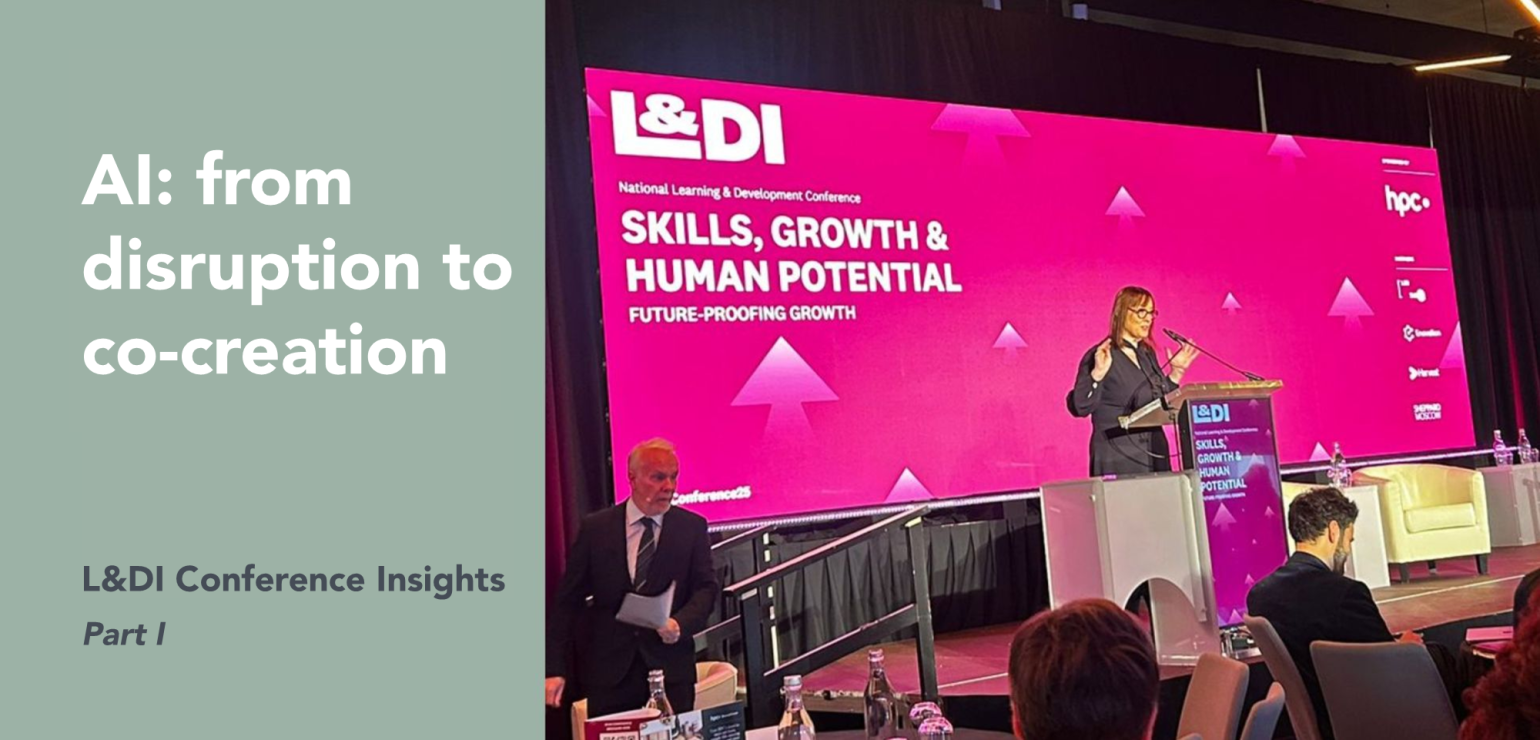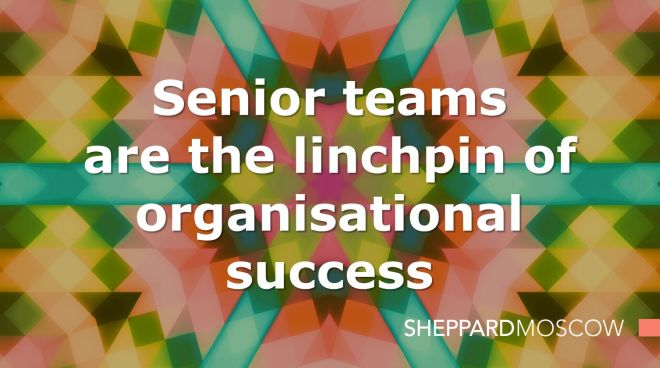Human change at the heart of Organisational Development

We see human change as the key to Organisational Development. Aligning teams on purpose, developing tools for constructive conversation, reframing relationships away from 'us-them' mentalities, are all to key for an efficient and productive organisation. Our bespoke, holistic modelling brings together understanding of the operational systems and the human relationships to catalyse positive change in your organisation.
Organisations as complex adaptive systems
Many change consultants continue to provide a mechanistic approach to change despite using the symbolic language of the zeitgeist such as ‘transformation’, ‘complexity’ and ‘adaptive systems’. We actively distinguish between the simple, complicated, and complex change scenarios.
We work with clients to engage with the whole of the system through discreet as well as large group processes and dialogue opportunities. We design and hold you through a genuinely fit-for-purpose and holistic journey of growth and renewal.
To lead change is to envision a clear outcome, establish your philosophy of change, engage the human system and experiment-with-intention to bring about transformation over time. We help you engage with the cultural and leadership levers of change, beyond the operating models and processes in place. We build the capability of leaders to engage with a deeper, more fundamental and systemic ability to perceive, think and act together.
We bring together change process and leadership practice to enable our clients to navigate the messy, often tricky, always thrilling journey of transformation.
Cross-boundary collaboration
For many, organisational boundaries are becoming less fixed; colleagues, team members and co-workers are increasingly required to collaborate outside of the traditional silo structure and line accountability. In matrix structures, for example, there is more need to consult, connect and cooperate with people from different teams across functional and business unit boundaries. Similarly, in large-scale infrastructure projects, teams are formed with multiple partners coming together for the life of the project, whilst retaining their own organisation identities (structural and civil engineers, architects, designers, operators, etc.). These matrix and multi-party structures are created to enable more agile working and swifter response times, and yet many organisations still report challenges and blockages.
The challenges relate to competing priorities, difficulty adjusting to the absence of traditional line authority, over-doing consultation, meeting and email overload, fuzzy accountability and 'them vs. us' mentalities abound. The impact ultimately is frustration and bottle-necks in the process.
Our work with organisations in these situations focuses on 1) co-creating a compelling sense of collective purpose and vision everyone can buy into, and 2) developing solid, fit-for-purpose relationships where straight talking and conflict resolution is enabled. We convene groups to build those relationships and tackle some of the intractable problems together. Many of our clients see us as an essential partner to them in these processes as we create the conditions for collaborative working that outlast the change itself.
Human change in a global management group
Sheppard Moscow supported the internal change management team in an ambitious transition from a global project management group that provided cross-functional coordination to one that aims at strategic leadership in their organisation. The success and strength of their pipeline of new drugs required a step change in organisation capability, to remain agile and work at even greater pace.
Though the change was announced, we led a thorough stakeholder analysis to interpret reactions and discern how to really engage people. The conclusion, which we processed with the leaders, was there was rational agreement to the change, but active and passive resistance to the assertive and non-negotiable way change was being introduced.
We thus worked to alter the change management team’s approach, to adopt the role of Change Leaders, focusing on bringing people with them. Through facilitation and coaching we helped Team Leaders towards acceptance then back to engagement and performance. Enabling teams to connect and build their cohesion and effectiveness within the new context and way of working.
Partnering with you
Whether you are transforming your business in response to new market opportunities, restructuring to reduce costs, integrating a new acquisition, going digital or moving to a new business model, your ability to navigate change effectively is a key determinant of success.
Change is as much about transforming mindset and attitude as it is about new operating models and behaviours. We approach this by creating dialogue opportunities of different scale, from large group processes to individual sessions. By mobilising people in this way, we enable the resilience and adaptive capability required for high performance in the midst of change.
Business partnering
Business partnering models are used to generate enhanced value from shared services and functions, empowering them to partner at a more strategic and impactful level, while ensuring that the transaction services are provided with efficacy. However, the model has not always proven to be effective, for a variety of reasons, often more to do with the human response to change than with any process, system or model flaw. The people involved, whether as Business Partners, CoE experts or Services Providers find it hard to release themselves from their traditional roles.
There is no ‘one size fits all’ approach to business partnering, so we design bespoke interventions to help clients successfully implement a unique version of partnering that is appropriate to their needs, and firmly contracted for with the internal business clients. This is what creates the all-important mandate which is such a critical enabler of successful business partnering.
Our work in this space ranges from developing the partnering strategy, transitioning to the new model, developing business partner capability and mindset, creating an empowered culture and gaining commitment from stakeholders. We continuously role model and promote the skills necessary for people to truly partner with another. We also pay attention to all the critical success factors in the wider system that will enable the partnering approach to work, such as re-thinking performance management processes to reward partnering behaviour and gaining top level sponsorship, for example.
Developing the skills of internal change agents
We develop the capability of internal consultants, facilitators and change agents who wish to ‘up their game’ and increase their impact on business outcomes. We do this through collaborating with internal consultants to bring about change, sharing our practice as we go, often with a structured development journey behind it.
We typically focus on the Mastery of Facilitation, Advanced Consulting Skills, Diagnosis and Design of Change, as well as Learning Interventions and Large Group Processes for Effective Engagement. We tailor the specifics of how we work to each organisation, business challenge and team. We bring a blend of theory, practice, modelling, coaching and action-learning so Change Agents take away not only a helpful tool-kit but also a deeper sense of their own brilliant and particular contribution to the work they do.
Purposeful organisations
Igniting change requires you to figure out where you're going and why. We help discern, distill and align around a core purpose and make it explicit in your vision, values, strategy, business model and culture. We work with leaders and others in the business to discover your core purpose and bring it fully alive in an approach driven by principles of inquiry, collaboration and co-creation.
Gaining clarity over these fundamental questions and articulating them in a straight-forward way makes all the difference to people's willingness to engage and flex to the needs of change. This in turn supports alignment of your mission & strategy, leadership and organisational culture with purpose as the anchor. Thus, you can overcome substantive barriers and blocks to alignment that may exist in your thinking, being or doing - ultimately creating congruent, stream-lined, fit-for-purpose organisations.

 Johnny Kelleher
Johnny Kelleher 
 Aoife Keane
Aoife Keane 
